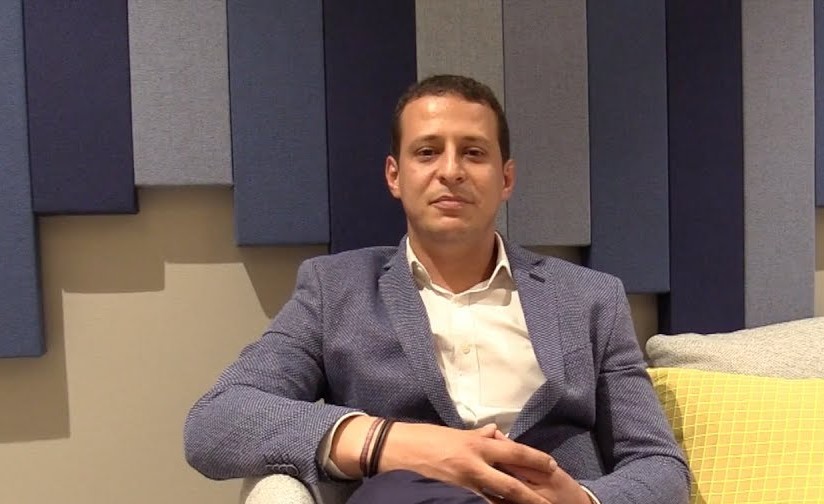 An estimated 122 million tons of waste is produced annually in South Africa, however only 10% of it is recycled, with the other 90% discarded in landfills; and a mere 12,9% of all metropolitan households in South Africa claim to recycle their waste. This is the bleak reality we face this Plastic Free July®, a month where millions of people worldwide are inspired by this year’s theme to take “small steps and make a big difference’”, as part of the global solution to halt the use of single-use plastic.
An estimated 122 million tons of waste is produced annually in South Africa, however only 10% of it is recycled, with the other 90% discarded in landfills; and a mere 12,9% of all metropolitan households in South Africa claim to recycle their waste. This is the bleak reality we face this Plastic Free July®, a month where millions of people worldwide are inspired by this year’s theme to take “small steps and make a big difference’”, as part of the global solution to halt the use of single-use plastic.

The combination of Africa’s growing population and rapid urbanisation is attributed to the rise of single-use plastic and sadly, the plastic tap isn’t close to running dry. Not only is plastic litter blamed for killing more than 100,000 sea mammals and turtles and 1 million birds annually worldwide, but it is also linked to causing substantial health risks because of polluted rivers, dams, oceans and contaminated food chains.
In fact, microplastic pollution has been detected in human blood for the first time, with scientists finding the tiny particles in almost 80% of the people tested. Studies have shown microplastics significantly damage cells in the human body, leading to serious health effects, including cancers, lung disease, and birth defects. And toxic chemical additives found in plastics can alter hormone activity in the human body which disrupts reproduction, growth and cognitive function.
The truth is the majority of single-use plastics can’t be recycled properly. Although recycling and clean-ups play a role, turning off the tap on single-use plastics is where we can make the biggest impact.
In a world where science collides with tech to provide sustainable alternatives to single-use plastic, Fortis X, a local Cape Town-based company, is one such key player offering salvation to this complex issue, going to market with Africa’s first biodegradable and recyclable packaging, made entirely from plants.
Nicholas De Beer, Director of Fortis X, affirms, “By providing sustainable plant-based bottles as an alternative to single-use plastics, we offer businesses and individuals an alternative to single-use plastic and help make a positive impact on the environment.”
Fortis X’s revolutionary plant-based bottles, made from sugarcane-derived biopolymers, not only contribute to reducing plastic waste but also address a significant aspect of water conservation – plastic pollution in oceans and water bodies. These biodegradable bottles provide the perfect alternative for waters, juices, smoothies, health shots as well as a variety of hospitality, cosmetic and pharmaceutical products that require bottles.
SOGA Organic®, a trailblazing player in South Africa’s organic citrus industry, has embraced the environmentally conscious journey by adopting Fortis X’s innovative biodegradable packaging solutions. Other notable brands such as BOS Ice Tea have started trialling the packaging, while Omnia Natura, Bonnie Bio, and Mother E have adopted these eco-friendly containers, supplying bottled water in them throughout South Africa.
Lize Garrod, the Marketing Manager at SOGA Organic, shared they recognised the value of Fortis X’s 100% biodegradable/certified compostable packaging and, following rigorous testing, were proud to launch their Certified Organic frozen orange juice in these biodegradable bottles, demonstrating their unwavering commitment to quality and sustainability.
Unlike conventional plastic bottles that take centuries to decompose, these plant-based bottles made 100% from sugarcane plants, naturally biodegrade within a period of 1 to 3 months under composting conditions. This breakthrough aligns with global efforts to combat plastic pollution and supports initiatives such as Plastic Free July, a movement dedicated to reducing single-use plastics.
It’s time to overcome the second greatest pandemic – plastic pollution. Will you be part of Plastic Free July by choosing your alternative to single-use plastics?
Visit https://fortisx.com for more information.

